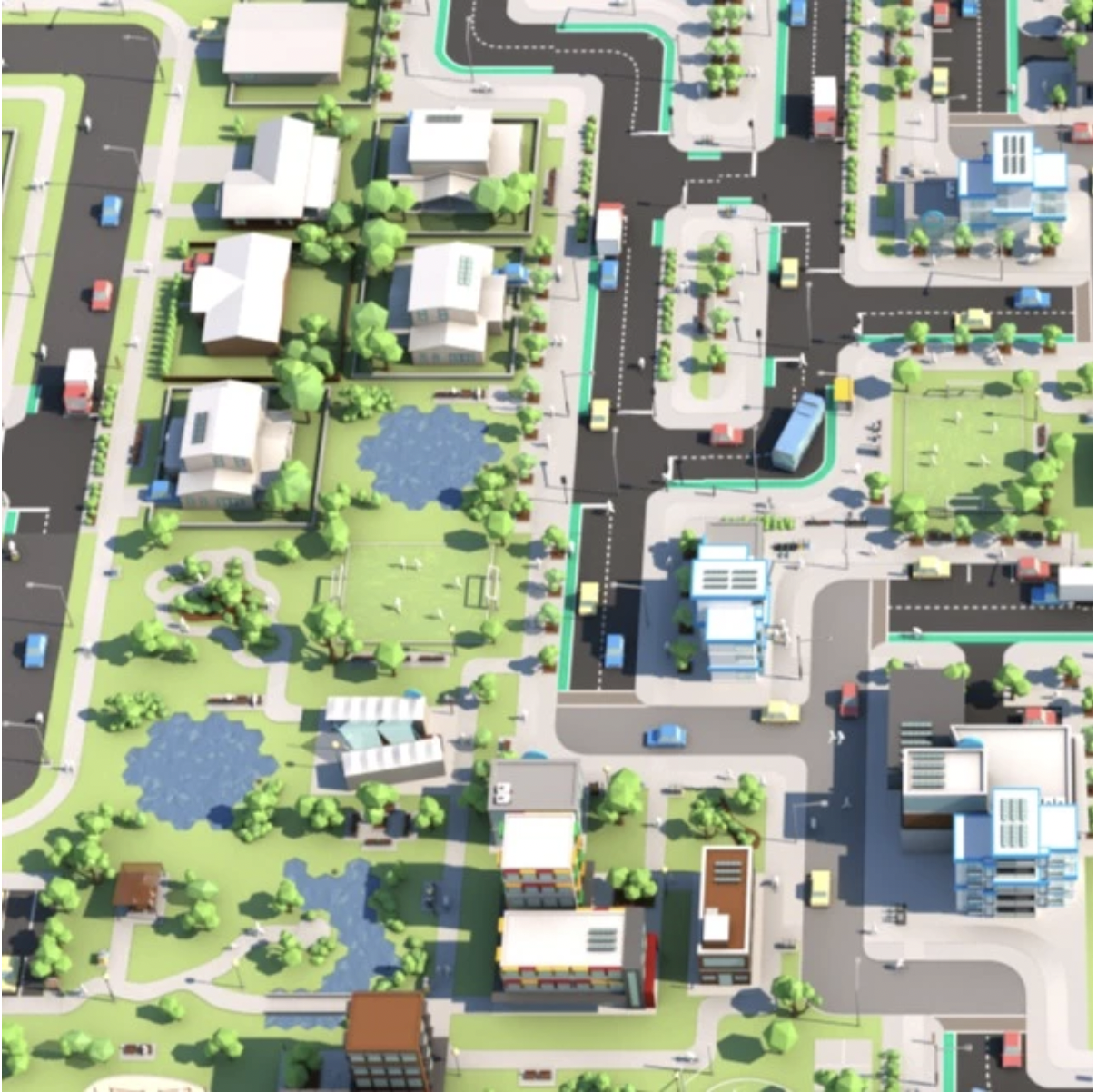The Future of Place Knowledge Exchange catalogs relevant information to support the Future of Place goals. It contains freely accessible publications shared by our ecosystem of stakeholders.
Share your guideline, case study or research now by emailing it to: exchange@futureofplace.org

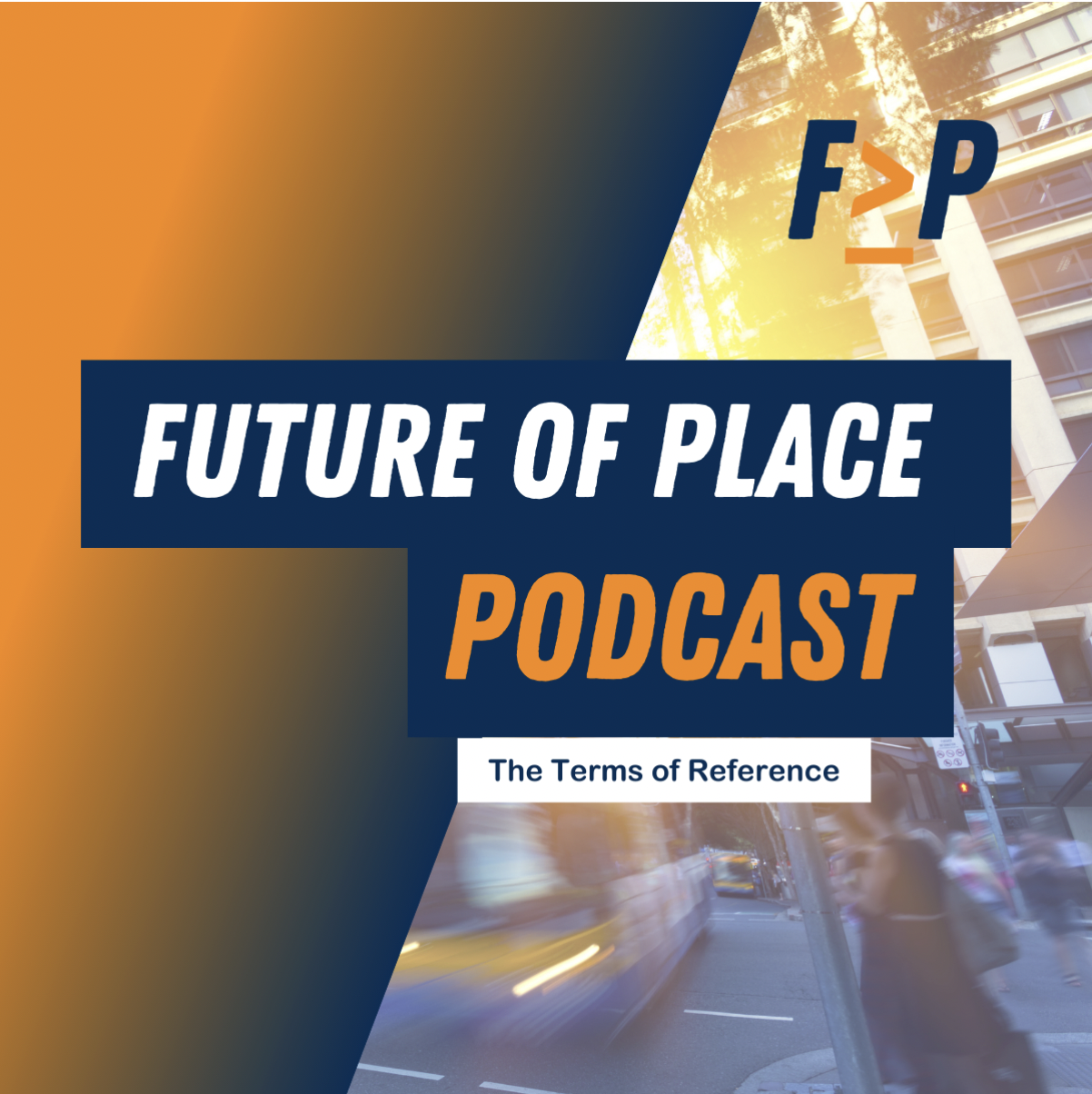
The Future of Place Podcast
The Future of Place podcast is available on all major podcast platforms, including Spotify, Apple Podcasts, Amazon Music and Google Podcasts.
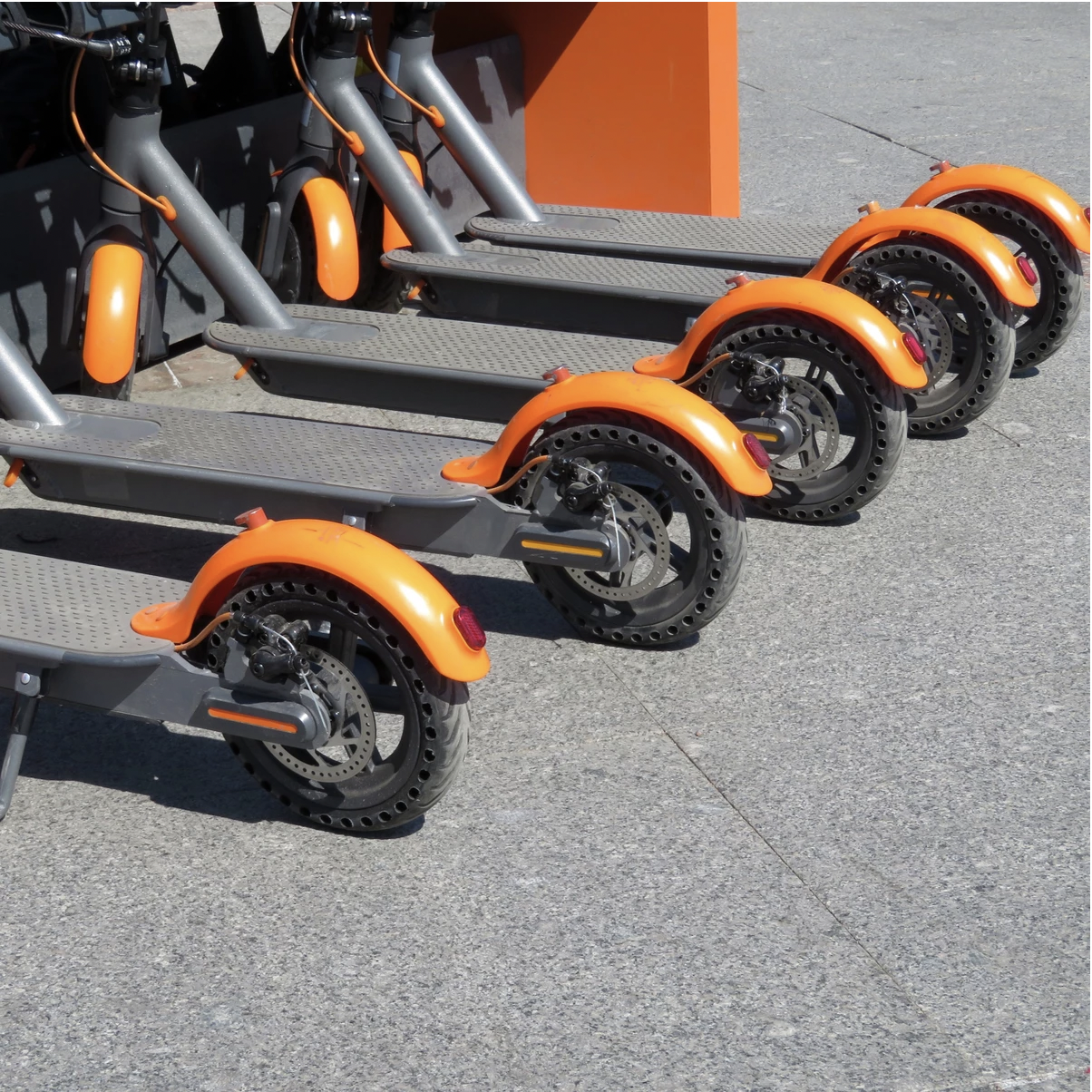
The role of micro-mobility in shaping sustainable cities: A systematic literature review
This study used a systematic literature review to evaluate and analyse relevant literature on micro-mobility with a focus on research that looked into its potential as a form of sustainable urban transport. While the topic has attracted research interest for a long time, the results from this work showed a strong trend of increased research output on micro-mobility since 2010 culminating in around 44 publications in 2019 and 55 journal publications to date in 2020.
Prepared by Swinburne University of Technology, Melbourne, Australia.
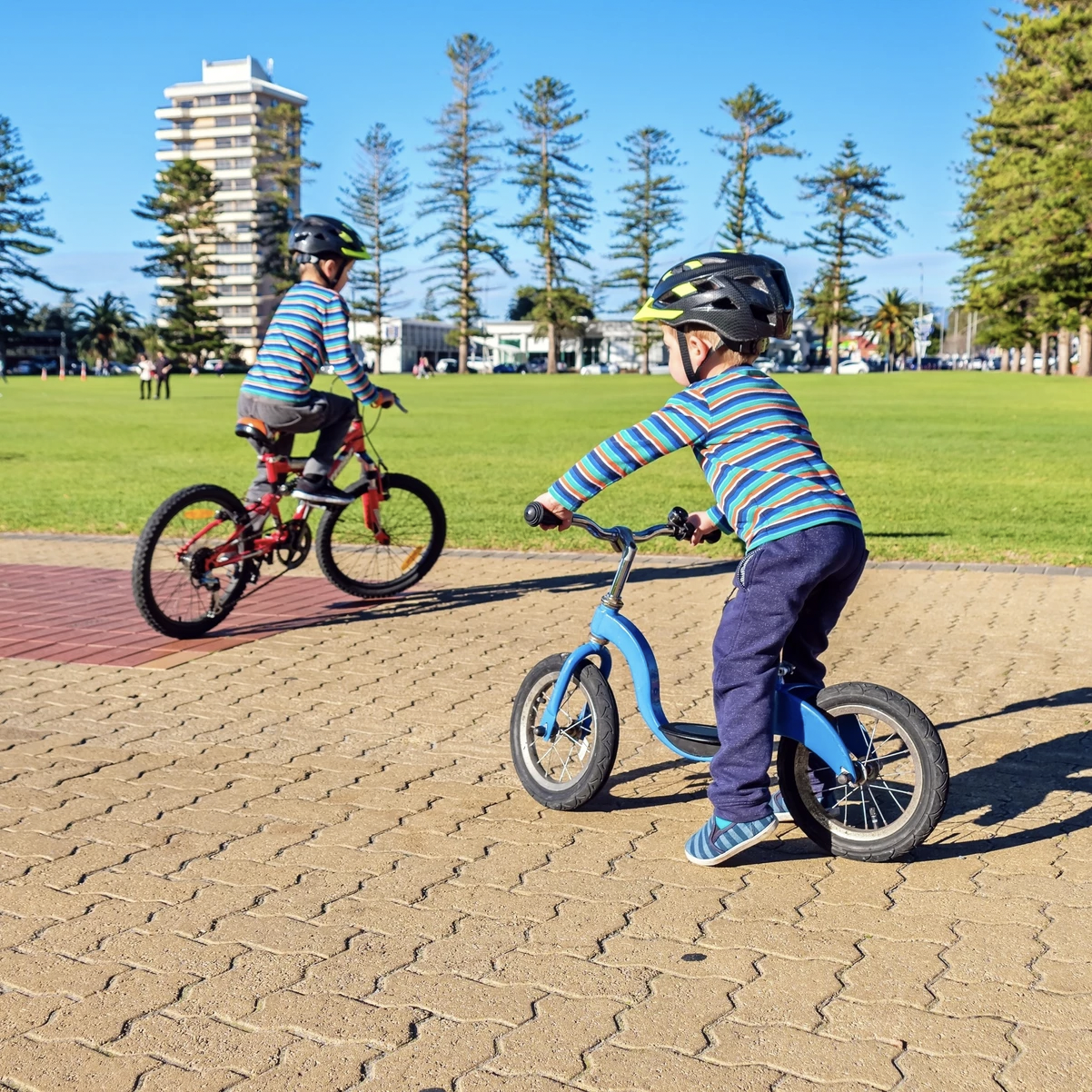
Shared Mobility Principles for Liveable Cities
The pace of technology-driven innovation from the private sector in shared transportation services, vehicles, and networks is rapid, accelerating, and filled with opportunity. At the same time, city streets are a finite and scarce resource. These principles, produced by a working group of international NGOs, are designed to guide urban decision-makers and stakeholders toward the best outcomes for all. The Shared Mobility Principles for Livable Cities were developed in 2017 by Robin Chase, Zipcar co-Founder, and a consortium of leading city and transport organizations. Published 2017
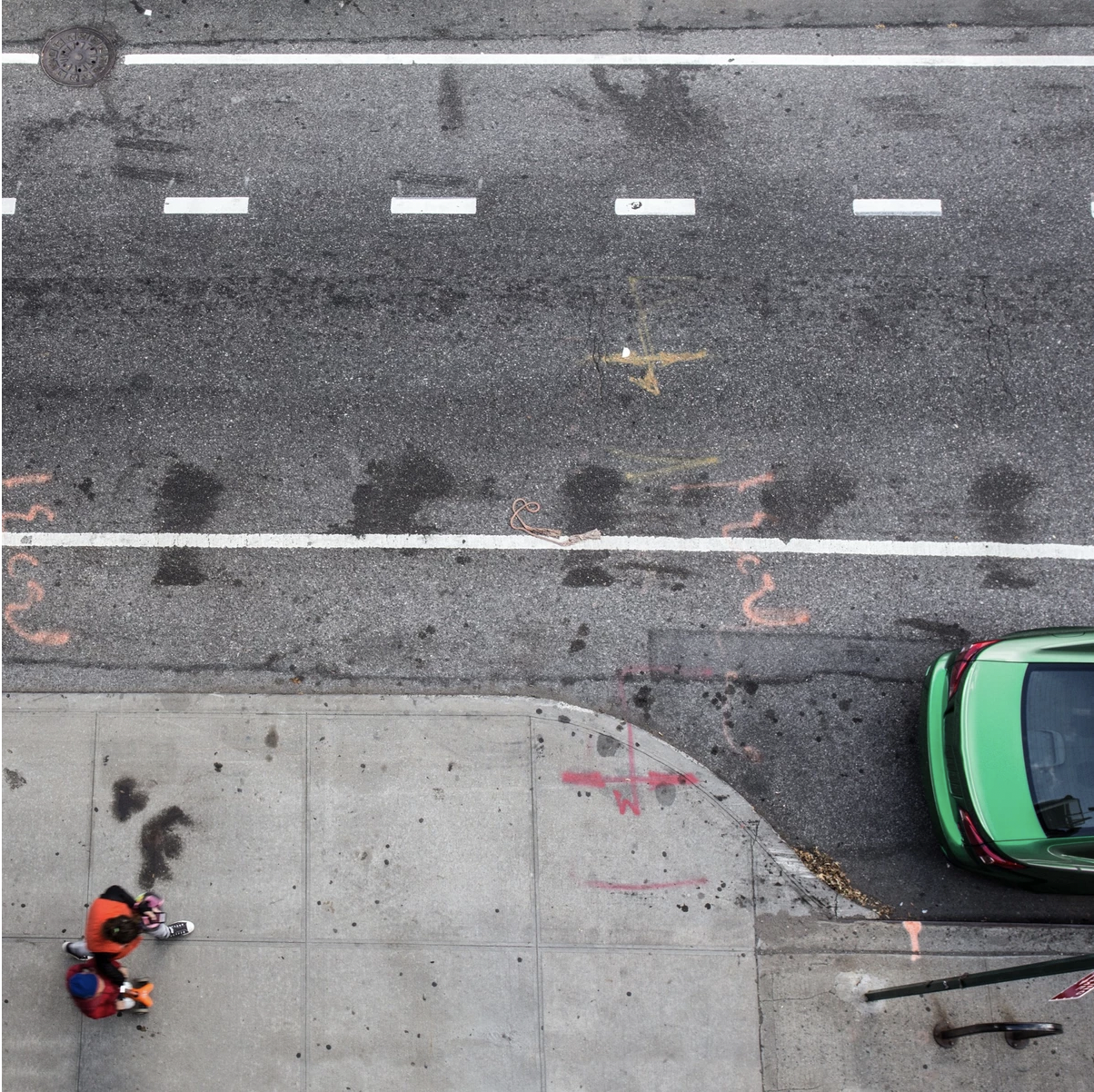
Future Ready Kerbside
Uber and WSP partnered to release a new white paper – Future Ready Kerbside – which examines what we need to do today to ensure our kerbsides and streetscapes enable the places people want now and into the future. Using two case studies to bring the recommendations to life, the white paper examines how the kerbside is allocated and managed during the day and evening and the impacts that has on people and place. It then envisions how these kerbsides could be better used to achieve what we want for these places by supporting future transport technology, higher levels of public amenity, and greater access for people and goods to support local businesses.
Created by WSP for Uber
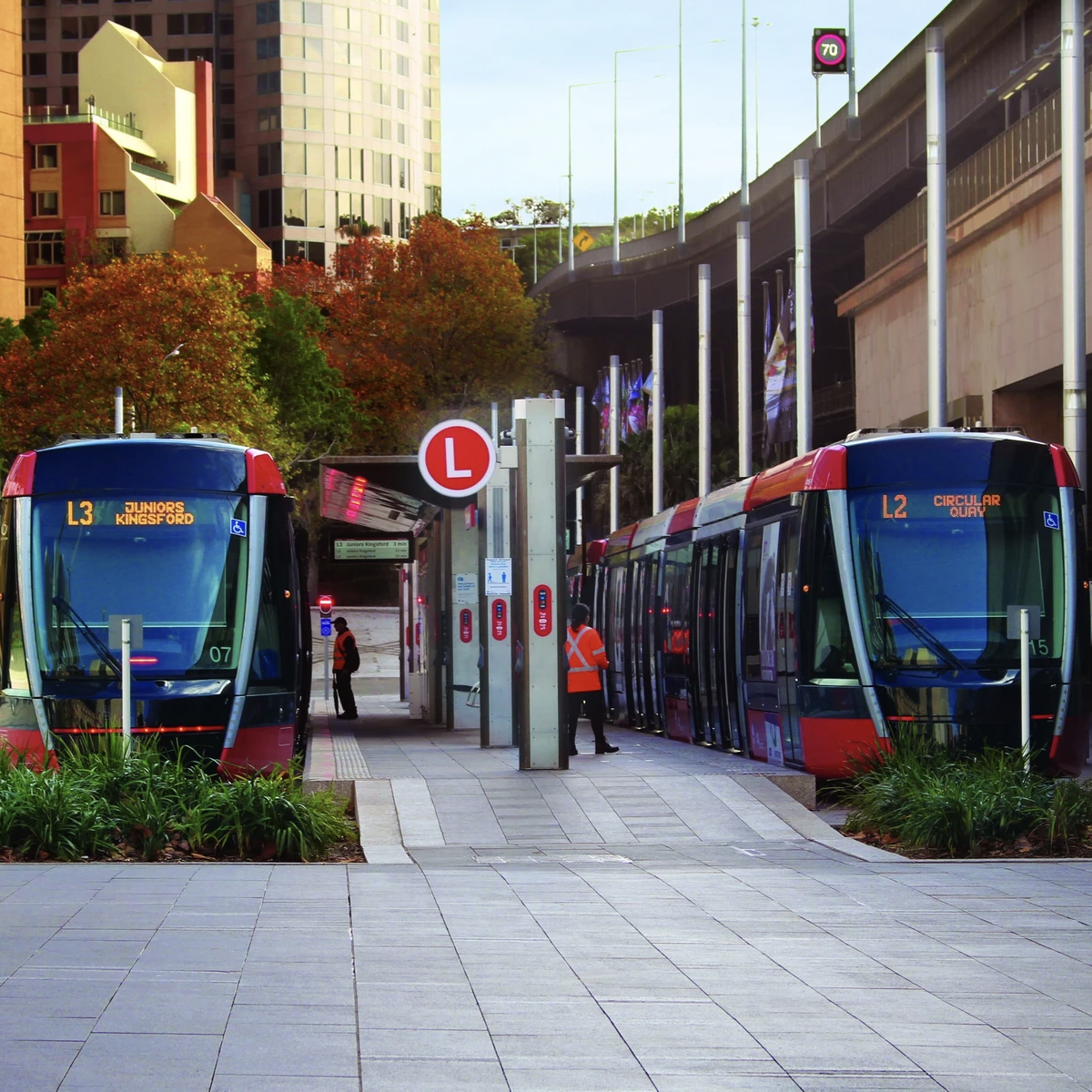
Practitioners Guide to Movement and Place
Movement and Place is a cross-disciplinary, “place-based” approach to the planning, design, delivery, and operation of transport networks. It recognises the network of public spaces formed by roads and streets and the spaces they adjoin and impact.
Prepared collaboratively by Government Architect NSW and Transport for NSW.
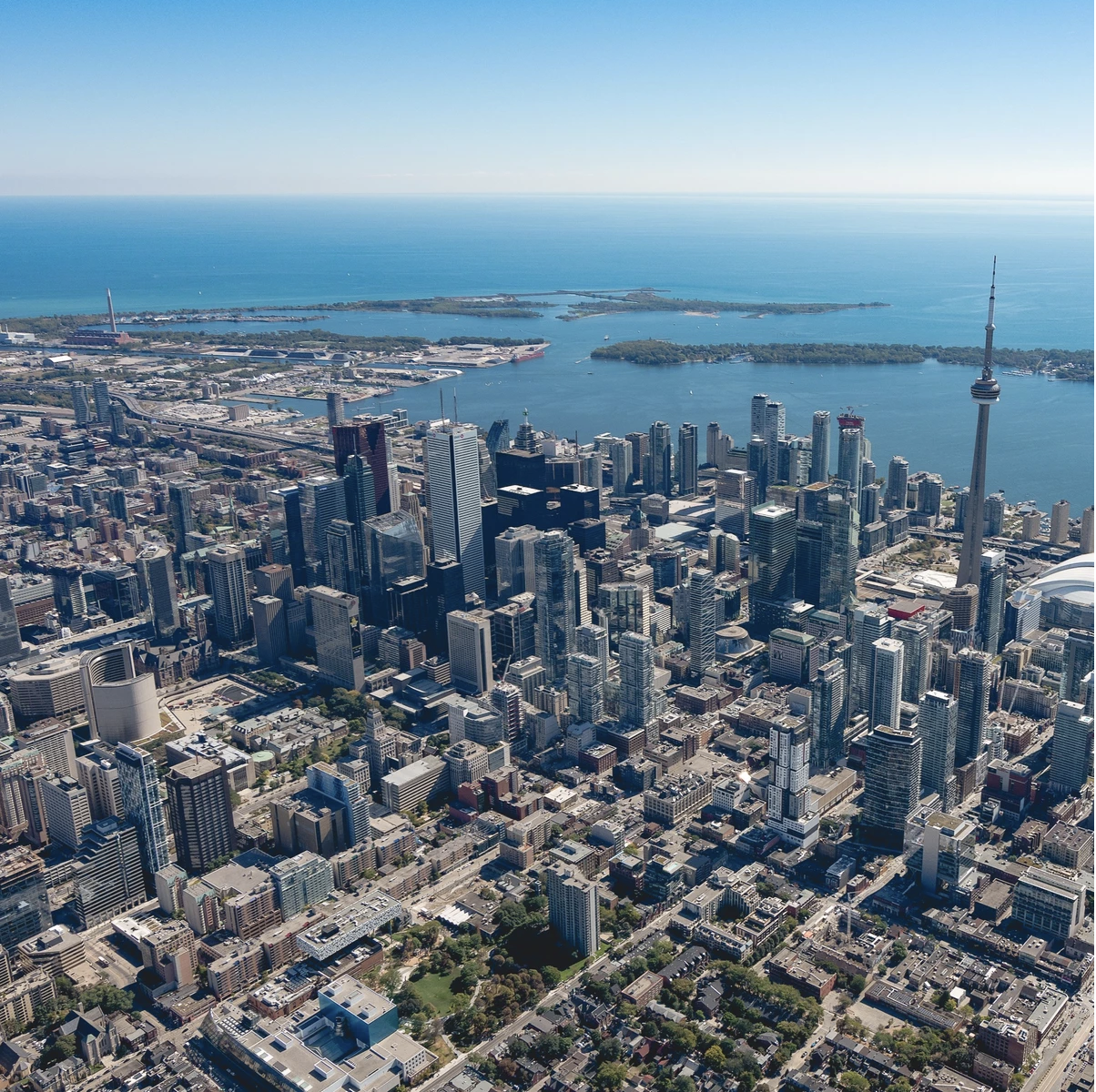
Digital Transparency in the Public Realm: Longitudinal Research Report
A core output of the first phase of the Digital Transparency in the Public Realm (DTPR) project was a signage system created through an extensive series of co-design sessions with members of the public. There are three research sessions included in the research report.
Created by Helpful Places | Published in May 2020

Alfresco parklets: A guide
A short practical guide sharing the goals, approach and steps Whyndham City Council took to deploy alfresco parklets in its community.
Created by Wyndham City Council | Published December 2020

Digital Benefit District Playbook
A Digital Benefit District involves a package of 'upgrades' to include leading connectivity, condition sensing, neighbourhood data dashboard and enhanced digital literacy among small to medium enterprises to help them be more resilient, and thrive post-COVID.
By the Bounce Lab, at Smart Cities Council | Published in 2020
If you would like to share such information with your peers, and the Future of Place Task Force, use the F>P exchange email address to share with us or submit content here. Be sure to include relevant source details so we can acknowledge the contribution.

